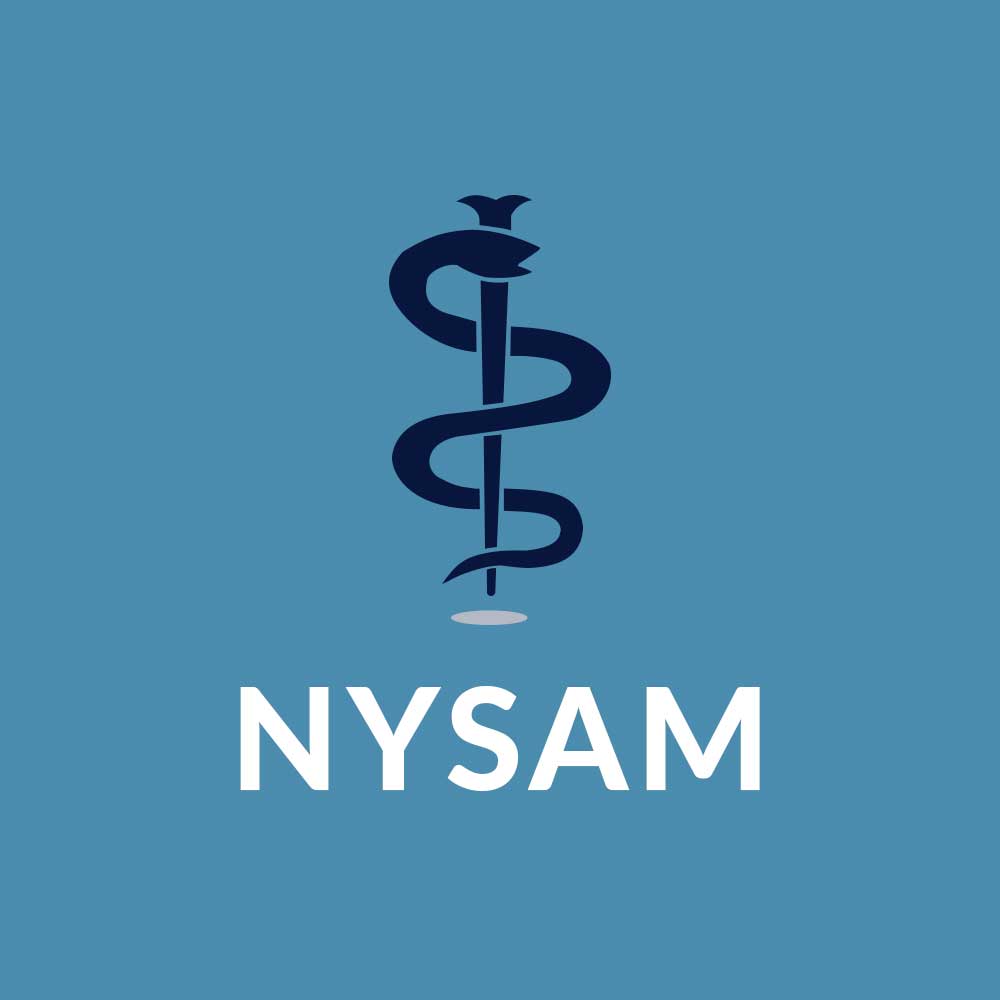Department of Health 24/7 Hotline: 1-888-364-3065
The following guidance is based on the most current Centers for Disease Control and Prevention (CDC) and NYS Department of Health (DOH) recommendations for prevention of the spread of the novel coronavirus of 2019 disease (COVID-19) and the management of Persons Under Investigation (PUI). Specific additional guidance for outpatient treatment and support as well as residential programs is documented below. Please review this information including the links below with your program’s leadership and staff and make any necessary adjustments to your program policies and protocols.
Providers should follow the CDC’s guidelines for infection control basics including hand hygiene:
Providers are advised to provide and post educational materials to encourage and educate their patients and staff to:
- Wash hands with soap and water for at least 20 seconds or use hand sanitizer when soap and water are not available.
- Avoid close contact with sick people.
- Stay home if sick.
- Cover coughs or sneezes with a tissue, then discard into the trash.
- Use the appropriate Personal Protective Equipment (PPE) if indicated. Please note that when not providing direct care droplet and contact precautions are recommended for COVID-19 prevention. For those patients receiving direct healthcare services please refer to https://www.cdc.gov/infectioncontrol/guidelines/isolation/
- Clean and disinfect frequently touched objects and surfaces.
Additional Resources:
Outpatient treatment and support programs, including mobile and home and community-based services:
Before patient arrival or community-based visit; or when scheduling appointments, all patients should be asked the following 3 questions:
- Have you traveled to a country for which the CDC has issued a Level 2 or 3 travel designation within the last 14 days?;
- Have you had contact with any Persons Under Investigation (PUIs) for COVID-19 within the last 14 days, OR with anyone with known COVID-19?; and
- Do you have any symptoms of a respiratory infection (e.g., cough, sore throat, fever, or shortness of breath)?
If the patient answers Yes to questions 1 OR 2 but reports no symptoms of a respiratory infection (No to question 3), the clinical team should be immediately consulted to assess whether the individual has any potentially urgent behavioral health needs (e.g., medications, suicide or violence risk, etc.). If so, the clinical team should assess whether those needs can be safely met remotely (e.g., e -prescribing, telephone assessment, telehealth visit, etc.). If the patient must be seen to meet behavioral health needs, please follow guidance under (b-d) below. If the patient does not have urgent behavioral health needs or those needs can be met remotely, the patient should be instructed to stay or return to home and to contact the NYS DOH for further guidance, which may include a recommendation for a self -imposed quarantine for 14 days. The clinical team should also contact NYS DOH directly to relay the information from question 1 and 2.
If the patient responds Yes to questions 1 OR 2, AND ALSO reports symptoms in response to question 3:
(a) If at home, the patient should be instructed to remain at home and contact their medical professional immediately.
(b) If the patient is in the clinic, the patient should be given a mask, placed in a separate room with the door closed if possible, and assessed by a program medical provider using appropriate PPE if possible, or if no qualified program medical provider is available, asked to contact their own medical professional immediately.
(c) Alternatively, the patient may be referred to the nearest emergency room for immediate attention.
(d) In all circumstances above, the receiving medical provider and transporter should be notified in advance and informed of potential concern for COVID-19.
The NYS DOH 24/7 hotline is 1-888-364-3065.
Funded or licensed residential programs:
If a residential provider has a recipient of services/tenant who responds Yes to questions 1 OR 2, AND ALSO reports symptoms in response to question 3:
- Provide a mask for the recipient of services/tenant;
- Isolate the recipient of services/tenant in a private room with the door closed if possible and ensure that they are kept separate from other tenants; and
A program medical provider should immediately assess the individual using appropriate PPE if possible, or if no qualified program medical provider is available, the person should be asked to contact their own medical professional immediately. The programs should also contact the NYS DOH (1-888-364-3065) for further recommendations including transport to their recommended medical facility if necessary. The receiving medical provider and transporter should be notified in advance and informed of potential concern for COVID- 19.
For visitors to any program setting:
All providers should immediately develop policies to schedule and pre-screen over the telephone all visits to programs by non-patient-or-staff entities, using the three questions above. Anyone answering Yes to any of the questions should be instructed to not visit the program. Anyone answering Yes to questions 1 or 2 (but not 3) only should be instructed to contact the NYS DOH for further direction. Anyone answering Yes to questions 1 or 2, and also Yes to question 3 should be instructed to immediately contact their medical provider and the NYS DOH, and to call 911 if they are experiencing serious symptoms (e.g., shortness of breath). The receiving medical provider and transporter should be notified in advance and informed of potential concern for COVID – 19.
If anyone arrives for an unscheduled visit, they should either be told to leave and call to schedule a visit, or should be screened before entering the program, and instructed as above if answering Yes to any questions.
Programs should contact any entities that have staff regularly visiting their programs (e.g., contracted/per diem staffing agencies, pharmacy delivery organizations, cleaning agencies, etc.) to review and approve their screening protocols. If the protocols of outside entities do not meet the standards in this document, providers should take responsibility for screening these visitors.

